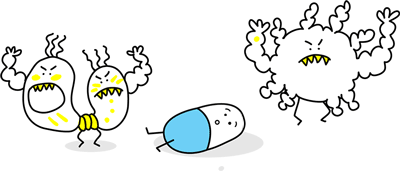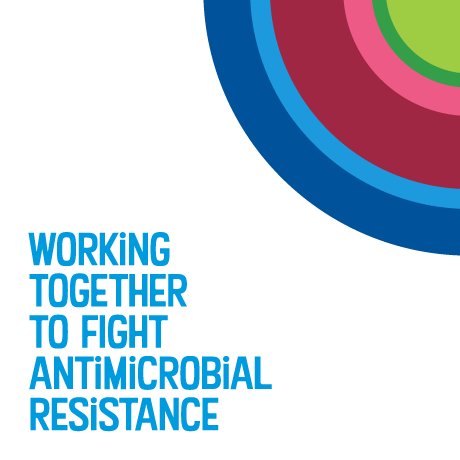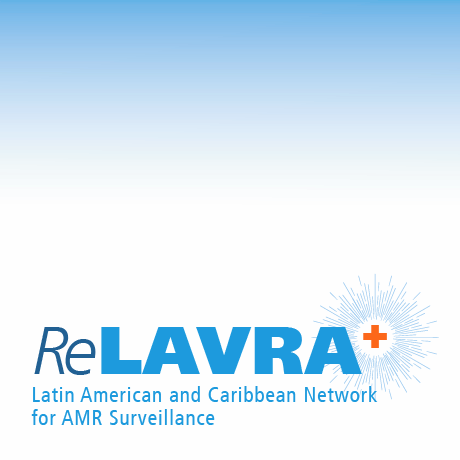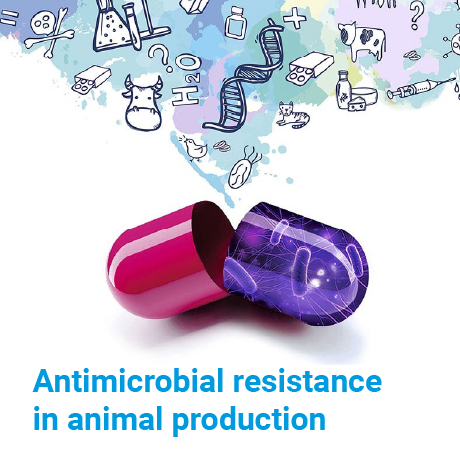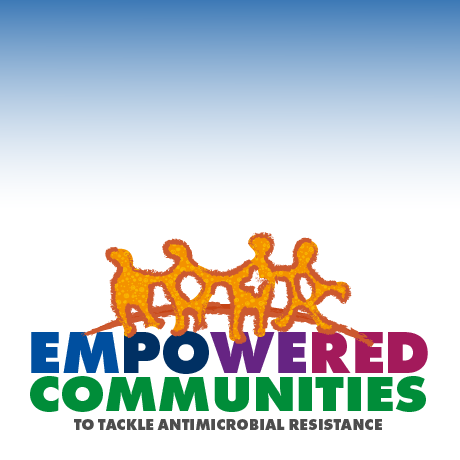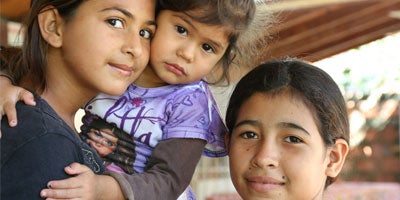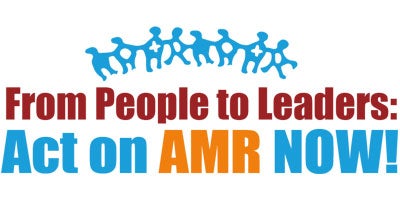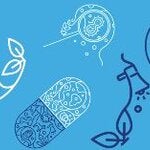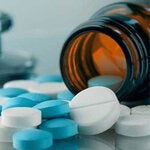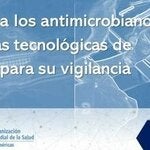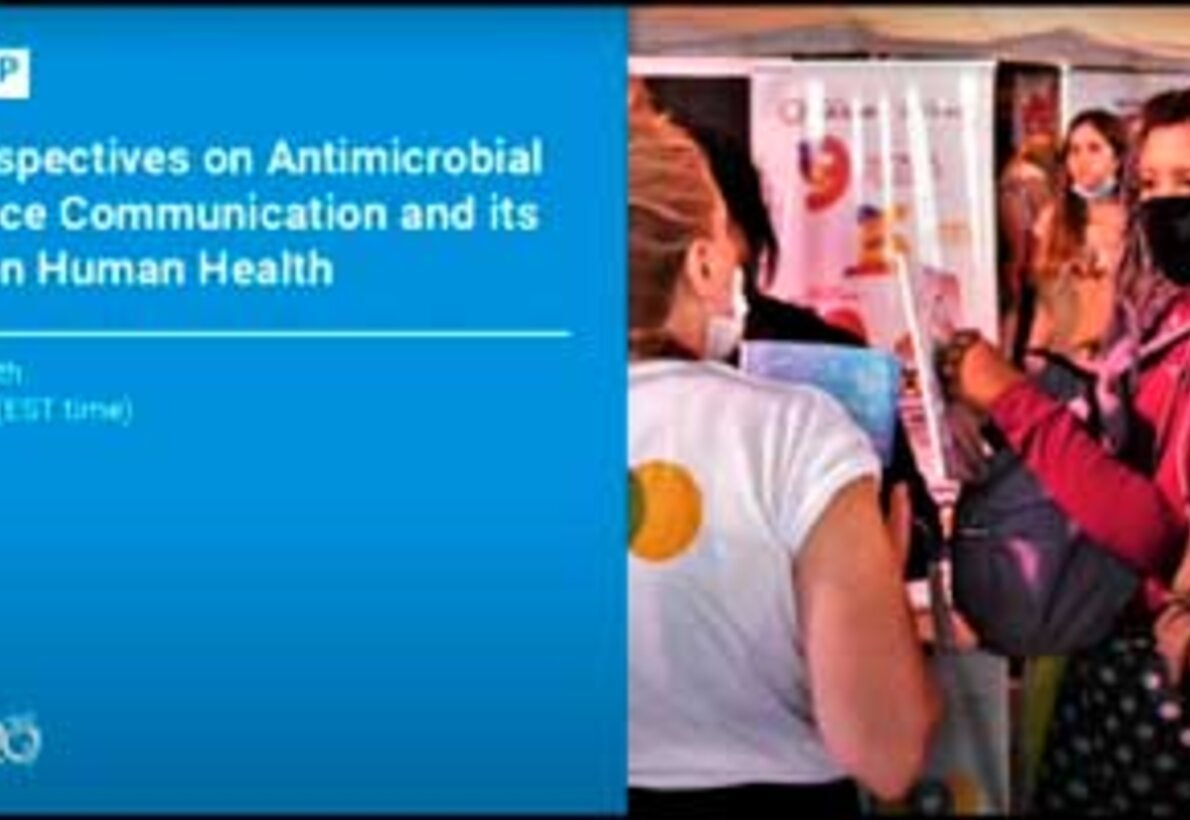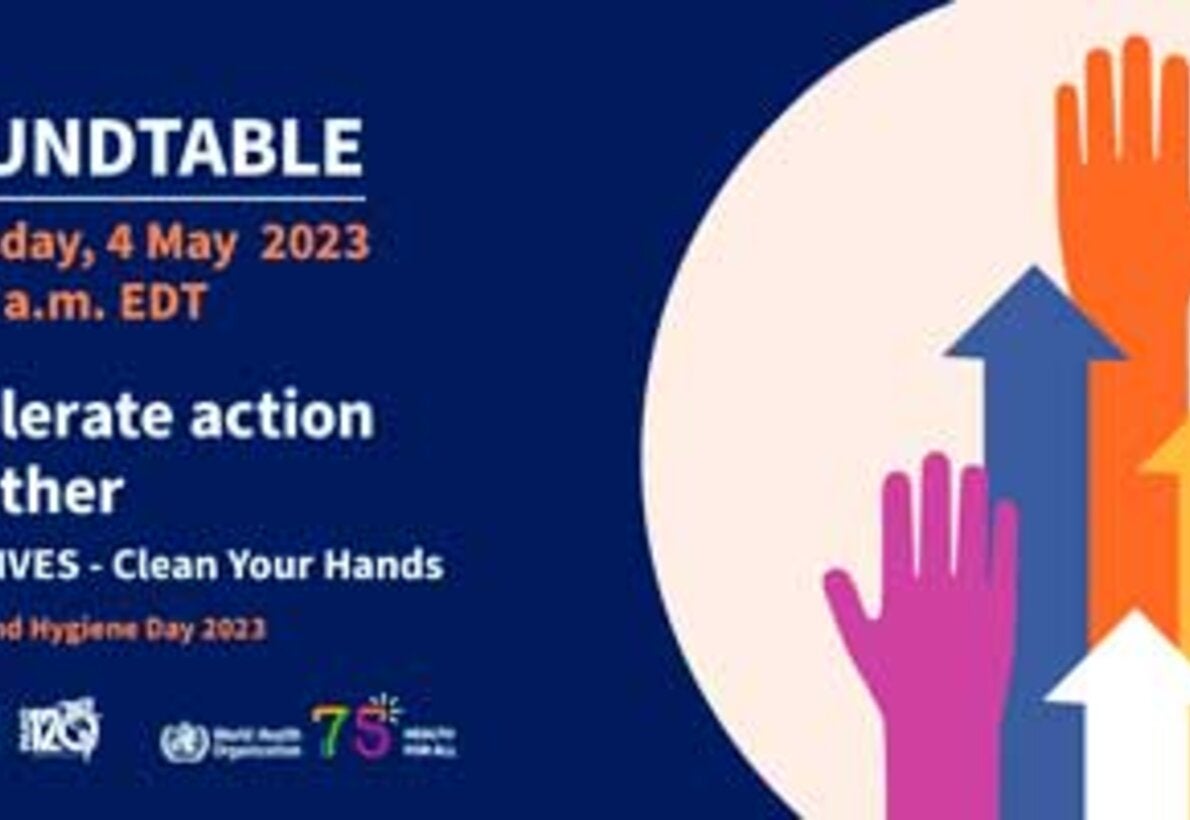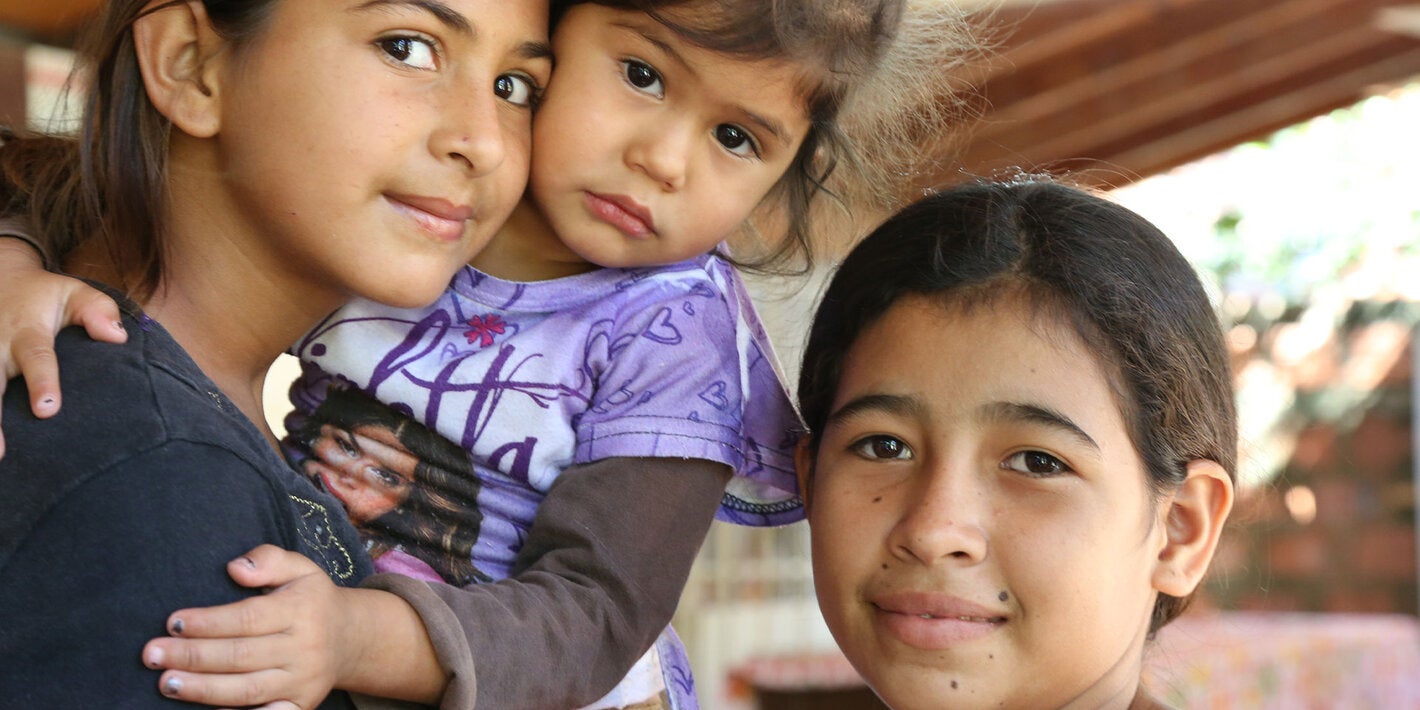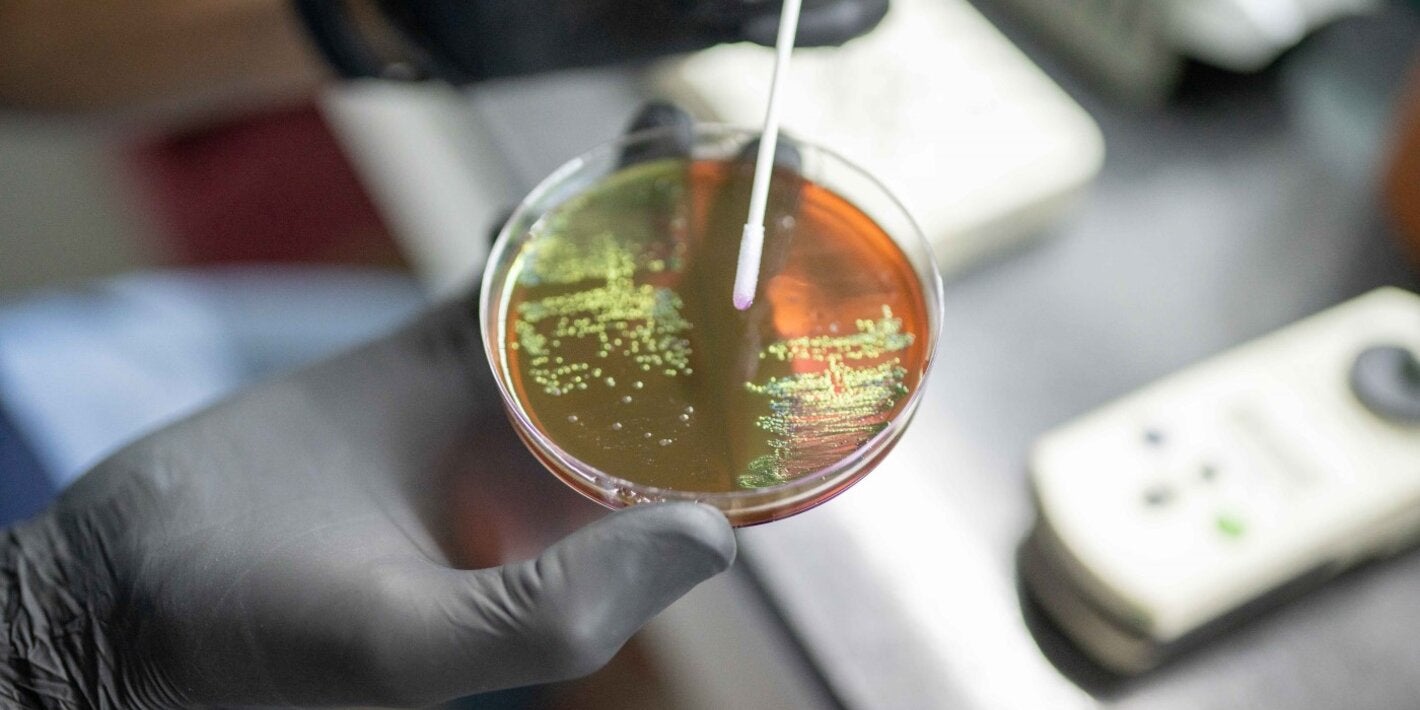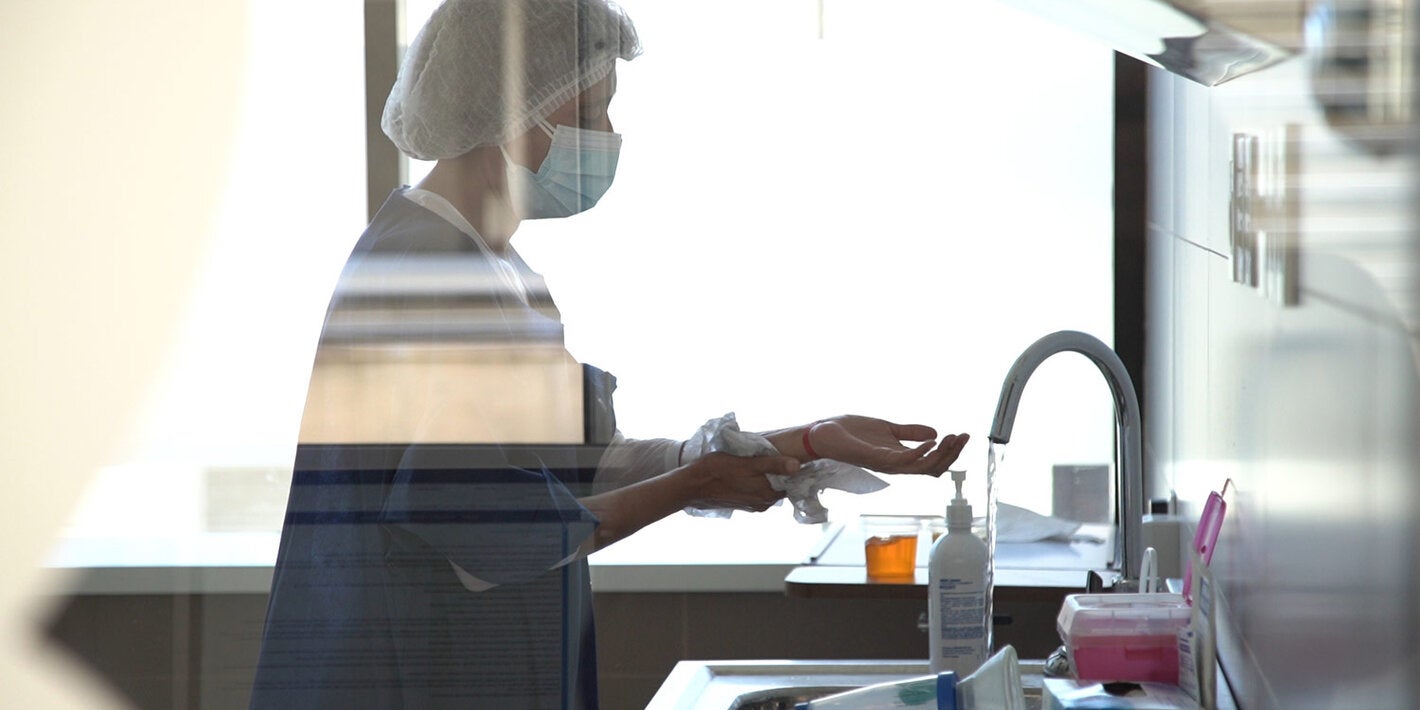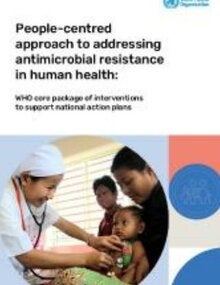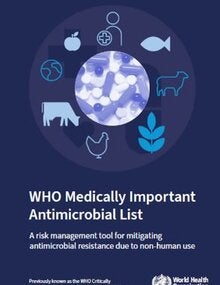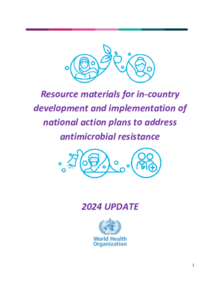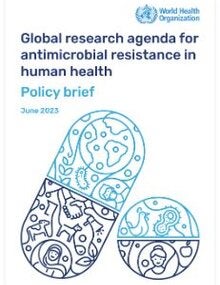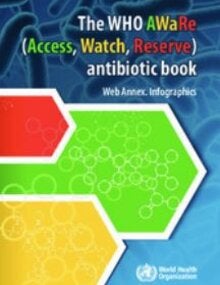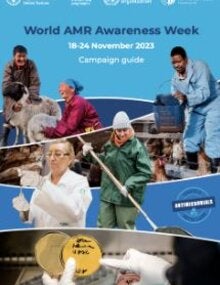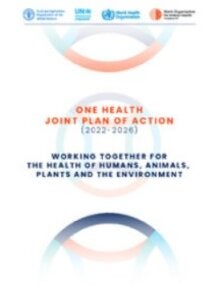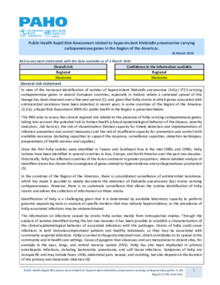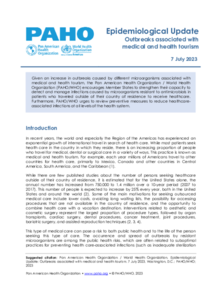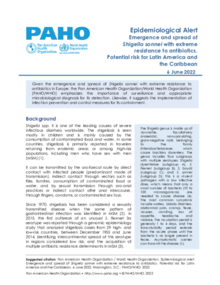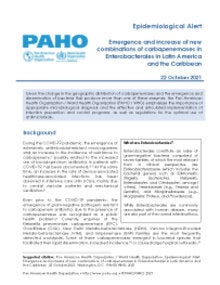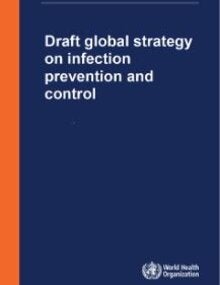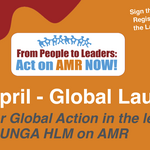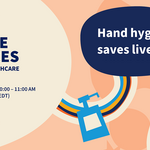SUBMENU
What is antimicrobial resistance?
Antimicrobial resistance threatens the effective prevention and treatment of an ever-increasing range of infections caused by bacteria, parasites, viruses, and fungi.
Antimicrobial resistance happens when microorganisms (such as bacteria, fungi, viruses, and parasites) change when they are exposed to antimicrobial drugs (such as antibiotics, antifungals, antivirals, antimalarials, and anthelmintics). Microorganisms that develop antimicrobial resistance are sometimes referred to as "superbugs". As a result, the medicines become ineffective and infections persist in the body, increasing the risk of spread to others.
Antimicrobial resistance is an increasingly serious threat to global public health that requires action across all government sectors and society.
New resistance mechanisms are emerging and spreading globally, threatening our ability to treat common infectious diseases, resulting in prolonged illness, disability, and death. Without effective antimicrobials for prevention and treatment of infections, medical procedures such as organ transplantation, cancer chemotherapy, diabetes management and major surgery (for example, cesarean sections or hip replacements) become very high risk.
Antimicrobial resistance increases the cost of health care with lengthier stays in hospitals and more intensive care required. Antimicrobial resistance is putting the gains of the Millennium Development Goals at risk and endangers the achievement of the Sustainable Development Goals.
Antimicrobial resistance impacts the treatment of community-acquired infections. For example, Escherichia coliurinary tract infections, and respiratory infections by Streptococcus pneumoniae or Haemophilus influenzae may not respond to antibiotics commonly used and require the use of more complex and expensive treatments.
Multiresistant pathogens cause large increases in healthcare costs due to the need of more expensive drugs and a prolonged hospital stay. They are responsible for increased morbidity and mortality of patients admitted to hospitals. These hospital-acquired infections affect most fragile patients in intensive care units; oncology and neonatology, which often result in high mortality.
Antimicrobial resistance occurs naturally over time, usually through genetic changes. However, the misuse and overuse of antimicrobials are accelerating this process. In many places, antibiotics are overused and misused in people and animals, and often given without professional oversight. Examples of misuse include when they are taken by people with viral infections like colds and flu, and when they are given as growth promoters in animals or used to prevent diseases in healthy animals.
Antimicrobial resistant-microbes are found in people, animals, food, and the environment (in water, soil, and air). They can spread between people and animals, including from food of animal origin, and from person to person. Poor infection control, inadequate sanitary conditions, and inappropriate food-handling encourage the spread of antimicrobial resistance.
The main actions that contribute to the containment of antimicrobial resistance are appropriate prescribing, community education, monitoring of resistance and health-care-associated infections, and compliance with legislation on the use and dispensation of antimicrobials.
- Antimicrobial resistance (AMR) threatens the effective prevention and treatment of an ever-increasing range of infections caused by bacteria, parasites, viruses and fungi.
- AMR is an increasingly serious threat to global public health that requires action across all government sectors and society.
- Without effective antibiotics, the success of major surgery and cancer chemotherapy would be compromised.
- The cost of health care for patients with resistant infections is higher than care for patients with non-resistant infections due to longer duration of illness, additional tests and use of more expensive drugs.
- In 2016, 490 000 people developed multi-drug resistant TB globally, and drug resistance is starting to complicate the fight against HIV and malaria, as well.


